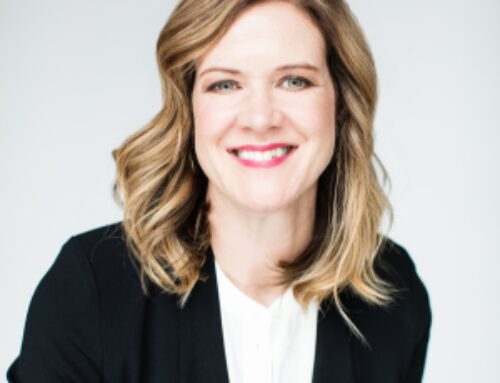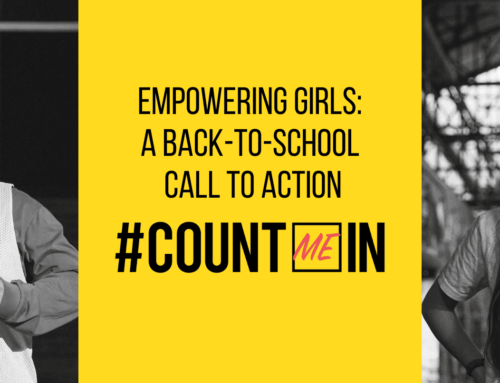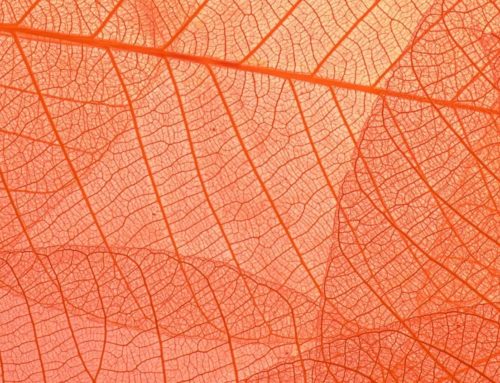
The idea that thin is good and fat is bad is drilled into us from the time we can first understand the toys we love and the images we see on screens. The popular dainty-waisted princess associates thinness with virtuosity, kindness, desirability, specialness, and worthiness of attention.
Portrayals of unrealistically thin women and girls are like the air we breathe. They are so insidious we may not even really see them anymore, but for children these portrayals are setting the standard for what is an acceptable body. If thinness is the only kind of girl and woman we see, what does that mean about the non-thin? Where are they? Maybe they are not worth paying attention to.
If only. If thin is desirable and good, fat is demonized as amoral and sub human. Women’s bodies are constantly ridiculed for cellulite or weight gain on the covers of magazines and tabloids, while real world discrimination and stigma exists against people with larger bodies.
Children develop their sense of body image in early childhood, and our current media landscape does not offer them many options of what type of body is okay. In addition, parents, role models and care givers who grew up with these same lessons can pass on habits such as self-criticism and harsh judgement of those with non-thin bodies. Food can become symbolic for moral value instead of for the nourishment that it truly contains. Exercise can become punishment instead of a way to keep your body healthy. It is not surprising that by the age of six, more than half of girls wish they were thinner.
Amidst the body-shaming environment of my own childhood, and despite the best efforts of my parents, I developed an eating disorder that lasted years. I had internalized the idea that to be thin was to be good, and that it was wrong and dangerous to honour my natural appetite. I am ashamed of how much space it took up in my life; robbing me of the ability to function properly, to learn, to create, and to connect meaningfully with the people in my life.
It has helped me to realize I am not alone, though it makes me sad and angry that it seems to be getting worse. Hospitalization for children under 12 with eating disorders has spiked 119% between 1999 and 2006. Even if girls and women don’t develop full blown eating disorders, many of us routinely experience a white noise of anxiety and shame about our natural bodies, which takes away from our ability to enjoy our day to day lives.
This focus on policing our bodies to be thin distracts us from our natural potential for creativity, joy, and imagination. In her book The Beauty Myth Naomi Wolf makes the connection between dieting and obedience. When we “take up less space” we also do so in political and social spheres. The beauty industrial complex is so pervasive that we take for granted that we should spend money to have our mental and physical wellness harmed.
Can you imagine all that we could enjoy if it was just taken for granted that our bodies were okay the way they are? Imagine the energy and mental space that girls would have if they did not need to deal with these fears and anxieties. Instead of focusing on the false appearance of health, they could understand that they deserve real health- physical, mental, and emotional.
As an artist and educator, I want to help create a culture that promotes this kind of health. This is why I wrote and illustrated The Body Book, a book for young readers that celebrates body positivity and diversity. Each page focuses on a different size, shape, or type of ability. There is no “right” and “wrong” kind of body. We all deserve respect and acceptance.
The Body Book is simple and cheerful, but it is also my protest against the current body shaming culture that is hurting us and our children. It is a new kind of education for girls about how they should feel about their bodies: great.
Learn More
Take Action
- Take the pledge to join GEN1 and help build the first generation free of violence against women and girls.
- Sign up for our e-newsletter to have our latest stories and resources sent to your inbox.
- Follow us on Facebook and Twitter to join a national conversation on gender equality.








